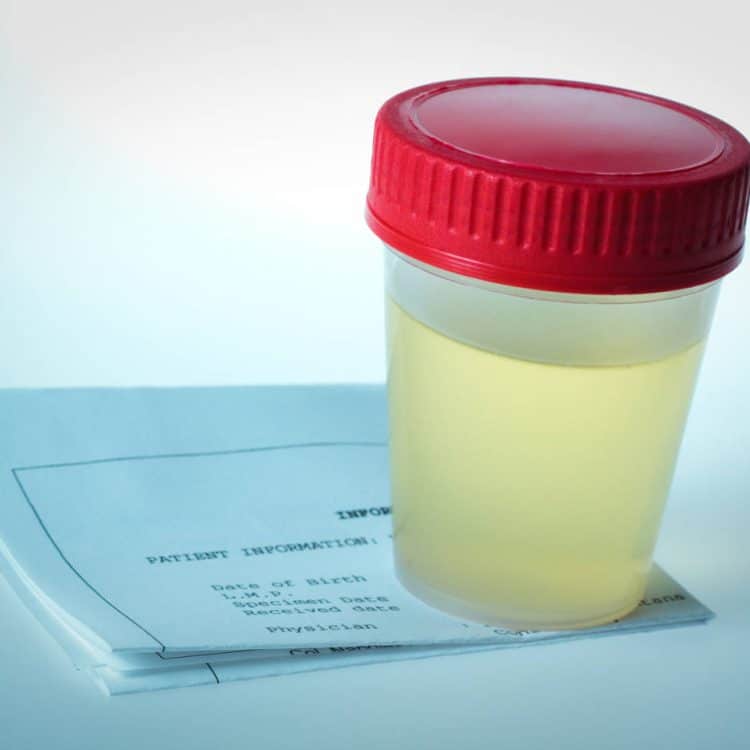Medical Necessity
Section 1862(a)(1)(a) of the social security act states that Medicare will not cover services that “are not reasonable and necessary for the diagnosis or treatment of illness or injury or to improve the functioning of a malformed body member.” Claims submitted to Medicare and private payers must meet the medical necessity requirements defined by each payer. Though the definition of medical necessity may have differences from payer to payer, the main idea is the same.
Payment for testing may be denied, even if a provider deems it necessary, if documentation and coding does not deem the test medically necessary. The responsibility of the provider is to ensure that submitted claims have proper documentation for medical necessity. A provider should only order laboratory tests that are reasonable and medically necessary for the diagnosis and treatment of the patient.
Individualized Testing
Physicians are responsible for individualizing drug test orders to each patient and the clinical laboratory must do its part to facilitate physician choice and individualized test orders. Most payors ‘non-cover’ the physician’s use of a single custom test panel/profile for all patients. Such orders are often defined as ‘blanket orders’ or ‘routine standing orders’. Many payors take the position that a physician’s use of a single custom profile does not reflect proper individualization of testing needs based on individual patient history and past drug test results.
Top-Tier Compliance Program
The Med-Lake Laboratory compliance program strictly follows all guidelines set forth by the Office of Inspector General (OIG) and requires full participation from all employees. OIG compliance programs provide oversight toward promoting ethical, and lawful corporate conduct that focus on encouraging prevention, detection, and resolution of occurrence of conduct that do not meet federal and state law. The OIG has 7 fundamental elements for an effective compliance program:
- Implementing written policies, procedures, and standards of conduct
- Designing a compliance officer and compliance committee
- Conducting effective training and education
- Developing effective lines of communication
- Enforcing standards through well-publicized disciplinary guidelines
- Conducting internal monitoring and auditing
- Responding promptly to detected offense and developing corrective action
Benefits of working with Med-Lake’s Compliance Program
In addition to our comprehensive audit program and detailed utilization reports, we consistently provide informative newsletters and annual notices to ensure continuous education on the dynamic landscape of the laboratory industry. The benefits of working with Med-Lake Lab and our compliance department are endless. In addition to fulfilling our legal duty to ensure that we are not submitting false or incorrect claims to Government and private payer, Med-Lake Laboratory offers providers numerous additional benefits. Such benefits can include:
- concretely demonstrate to employees and the community at large Med-Lake’s strong commitment to honest and responsible corporate conduct
- Identify and prevent criminal and unethical conduct including fraud and abuse
- Improve the quality, efficiency, and consistency of services
- Create a centralized source for distributing information on health care statutes, regulations, and other program directives related to fraud and abuse and related issues
- Develop a methodology that encourages employees to report potential problems
- Develop procedures that allow the prompt, thorough investigation of alleged misconduct by corporate officers, managers, and other employees
- Initiate immediate, appropriate, and decisive corrective action
Through early detection and reporting, Med-Lake may minimize the loss to the Government from false claims, and thereby reduce the clinical laboratory and provider’s exposure to civil damages and penalties, criminal sanctions, and administrative remedies such as program exclusion. Med-Lake believes our effective compliance program is a sound investment for the provider’s future development.



